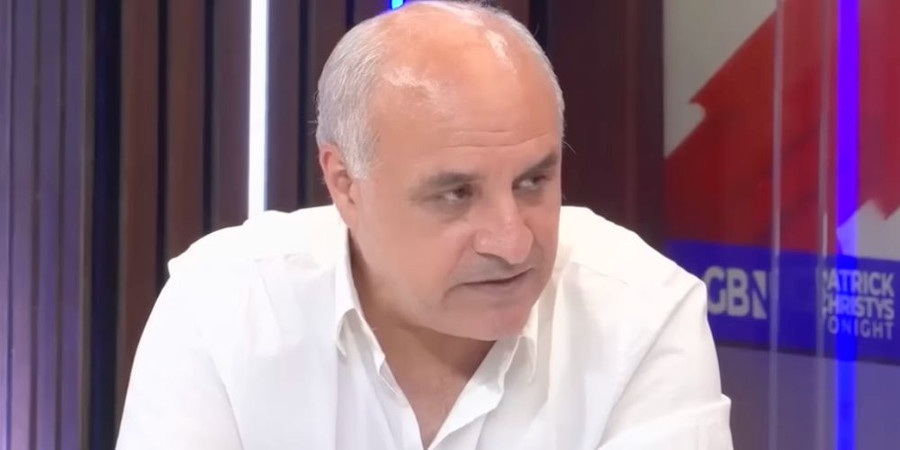This spring it seems as if there have been two-point-something Republican presidential candidacy announcements per week. And, since she made her own announcement April 12, Hillary Clinton has answered an average of about two-point-something questions from the press each week.
Those (imprecise) statistics illustrate the asymmetrical nature of the presidential race. One party has so many candidates that media sponsors can't figure out how to get them all in a presidential debate. The other has one candidate who attends events with hand-picked audiences and has little to say about anything.
One solution for the Republican debate problem is to adapt something like the practice in the recent British election, where party leaders were questioned separately. Perhaps four hour-long debates, each with four candidates picked by lots.
The solution for the Democratic silence problem is harder to figure out. Hillary Clinton doesn't want to face questions about her personal email server, destroyed emails or Clinton Foundation cash. No one can force her to speak.
There are risks, of course, in stepping out, as Jeb Bush has found. He's doing an admirable thing: trying to fashion a campaign message that works in the primaries, works in the general election and works governing.
But he stumbled when Fox News' Megyn Kelly asked if he would support going to war in Iraq if we knew then what we know now. He answered as if she asked whether he supported it then, said yes and noted that Hillary Clinton did, too.
It was an inevitable question, and it's surprising Bush didn't immediately provide what most voters consider the right answer (no). But he might also have made the point that presidents must make decisions based not on perfect knowledge of the future but on imperfect knowledge of the present and past.
It's easy to say today that Franklin Roosevelt should have sent special ops to assassinate Hitler in the 1930s. But Roosevelt, who understood Hitler's evil earlier than most, never considered it.
In 2003, given what the U.S. and other intelligence services reported about Saddam Hussein, no responsible leader then could have assumed that he did not possess or seek weapons of mass destruction. The hard question, on which reasonable people differed and differ, was what - if anything - to do about it.
More important is the question, where does America go from here? Do candidates, for example, share President Obama's confidence that making concessions to Iran on nuclear weapons will make the Mullah regime less of a menace?
The Republican candidates, like most voters and members of Congress, don't. They see little or nothing in the regime's behavior over the last 35 years that suggests it sees America as anything but the Great Satan. Even after we elected and re-elected Obama president.
What does Hillary Clinton think? Unclear. Among the 13 questions that NPR says reporters have asked her since her April 12 candidacy announcement is, "How are you liking Iowa?" And "Is it good to be out here again?"
Asked about campaign finance, she said: "We do have a plan. We have a plan for my plan." When NBC's Andrea Mitchell asked about the Trans-Pacific Partnership trade agreement, Clinton said, after 30 seconds of non-response, "Well, any trade deal has to produce jobs and raise wages and increase prosperity and protect our security."
Republican candidates have been subjected, reasonably, to questions about their past actions and accomplishments. Clinton mostly hasn't. Why did her 1993-94 health care legislation fail? What were her major accomplishments as senator? As secretary of state (beyond frequent-flier miles)?
Camp Clinton is evidently confident that she can win despite the fact that most voters doubt her honesty and integrity. Bill Clinton won in 1996, didn't he? But he was an accomplished president at that point. She isn't now.
Nor does she seem exactly surefooted, tilting awkwardly to the left on issues from trade to same-sex marriage. And her poll numbers against Republicans nationally and in target states are mostly below 50 percent - a perilous place for a candidate with 100 percent name recognition.
Primary polls show no Republican candidate has captured his party's imagination: Announcements can move candidates up a bit until they sag a few weeks later. But has Hillary Clinton captured Democrats' imaginations? Or are they backing her because they think she's their only chance to hold onto the presidency?





